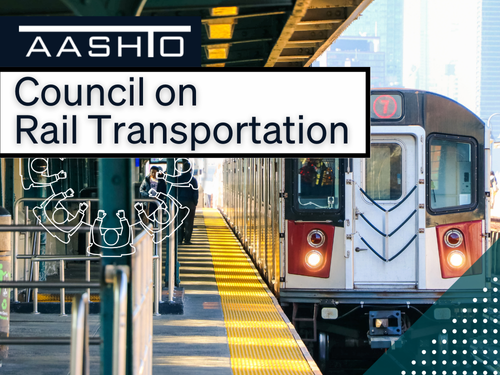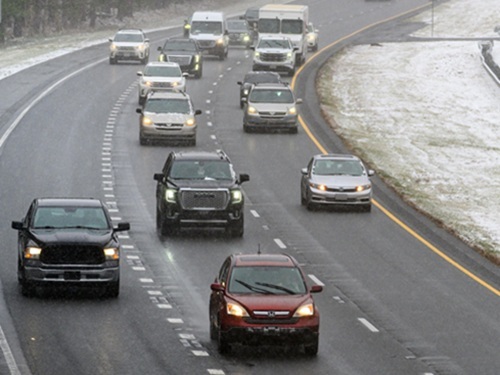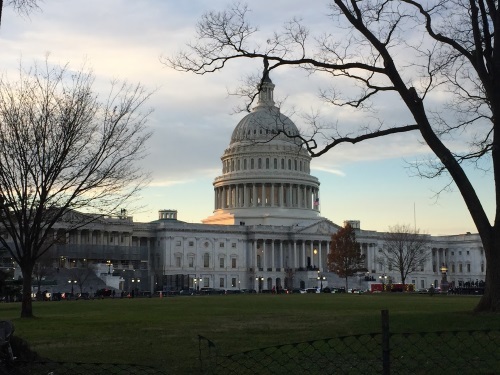In a November 6 letter, the American Association of State Highway and Transportation Officials urged Congressional leadership to finish work on the fiscal year 2026 Transportation-Housing and Urban Development or THUD appropriations bill “as soon as practicable” in order to provide state departments of transportation with the “funding certainty necessary” to advance critical infrastructure projects nationwide.
[Above photo by AASHTO]
Thanks to the Federal Highway Administration’s October 16 issuance of $62.7 billion in obligation limitation for the entire of FY 2026, “state DOTs are currently working on bid lettings and contract awards for the upcoming construction season,” stressed Jim Tymon, AASHTO’s executive director, in the letter. “If the amount of funding that is currently available to states for obligation is reduced, states may have to alter those bid lettings and contract awards. We hope that Congress will find a way to avoid a prorated reduction of much-needed obligation limitation and the corresponding disruption to transportation programs and pass a full-year FY 2026 THUD bill as soon as possible.”
AASHTO also urged Congress to avoid relying on both short-term and full-year continuing resolutions or CRs as it did for FY 2025, as CRs can cause unnecessary program disruptions, uncertainty, and delays in safety and mobility benefits to states and communities. In particular, short-term extensions can make it difficult for state DOTs and local governments to plan and execute contracts for important highway and transit projects, AASHTO said.
“If, however, [passage of a CR] is the outcome of future negotiations, AASHTO would respectfully request the inclusion of the appropriate language or anomaly to ensure that state DOTs receive the fully authorized obligation limitation from the Highway Trust Fund for the Federal-aid Highway Program,” Tymon noted in the group’s letter.
“Failure to provide the full amount of obligation limitation will impede the ability of state DOTs to translate crucial formula funding from the Infrastructure Investment and Jobs Act into tangible surface transportation projects,” he stressed. “Providing federal highway funding in a piecemeal manner to state DOTs will prevent states and local governments from being able to strategically manage vital federal transportation dollars to meet their unique infrastructure investment needs.”
 Nation
Nation
Registration Open for AASHTO’s Winter Rail Meeting
December 19, 2025 Nation
Nation

